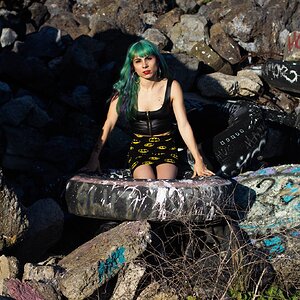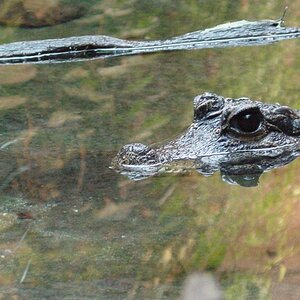iPhoto17
TPF Noob!
- Joined
- Jul 1, 2009
- Messages
- 637
- Reaction score
- 27
- Location
- cornelius, NC
- Can others edit my Photos
- Photos NOT OK to edit
it seems that people on these forums are very open to using photoshop to edit their pictures, i wouldve thought using photoshop wouldve been shamed upon, but i guess its accepted
is there a line drawn to an extent how photoshopped a picture is before its shamed upon or something?
is there a line drawn to an extent how photoshopped a picture is before its shamed upon or something?



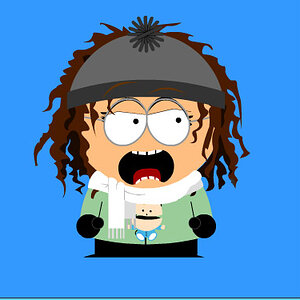
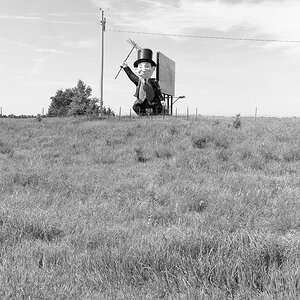
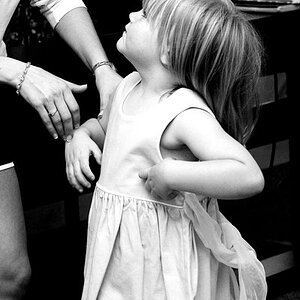
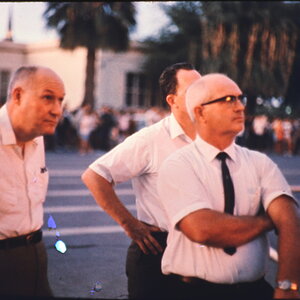
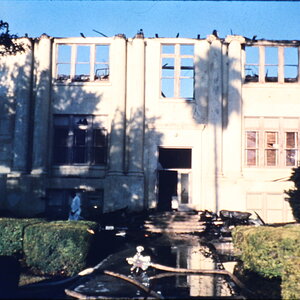
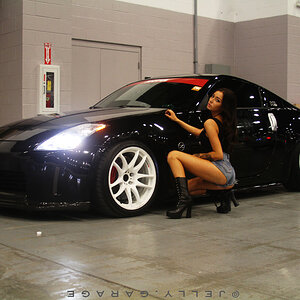
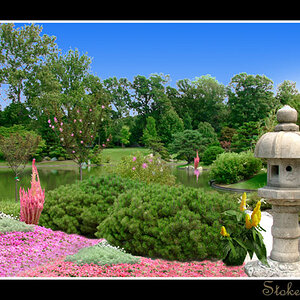

![[No title]](/data/xfmg/thumbnail/36/36666-189f65b1addbb68da2a43dc6f7206a01.jpg?1619737676)
